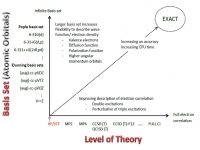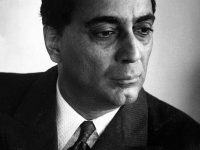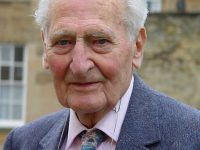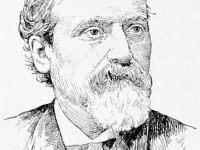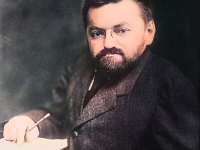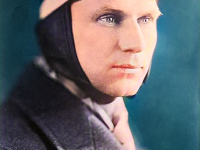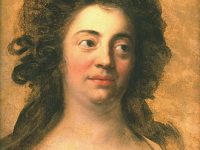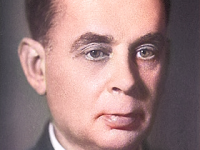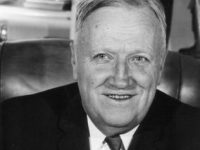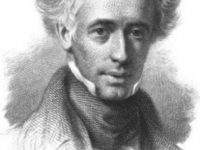John A. Pople and Computational Methods in Quantum Chemistry
On October 31, 1925, British theoretical chemist and Nobel laureate Sir John Anthony Pople was born. Pople was awarded the Nobel Prize in Chemistry with Walter Kohn in 1998 for his work on computational methodology to study the quantum mechanics of molecules, their properties and how they act together in chemical reactions. “Sometimes one can improve the theories in the sense of discovering a quicker, more efficient way of doing a given…
Read more

